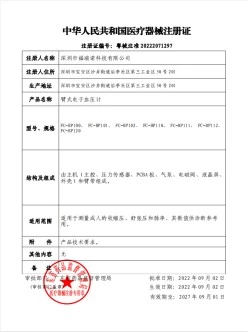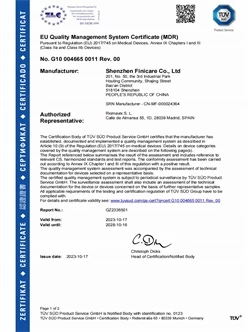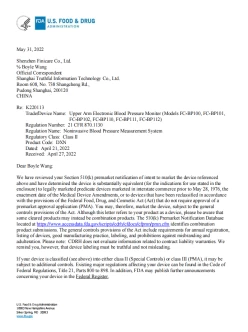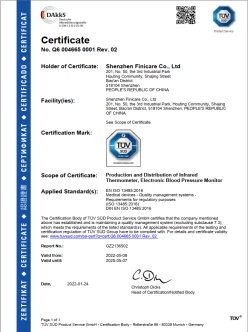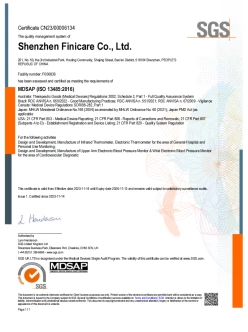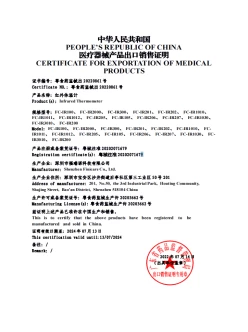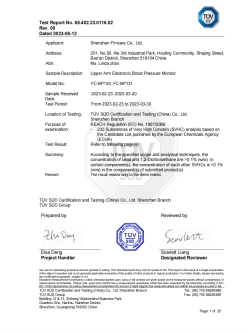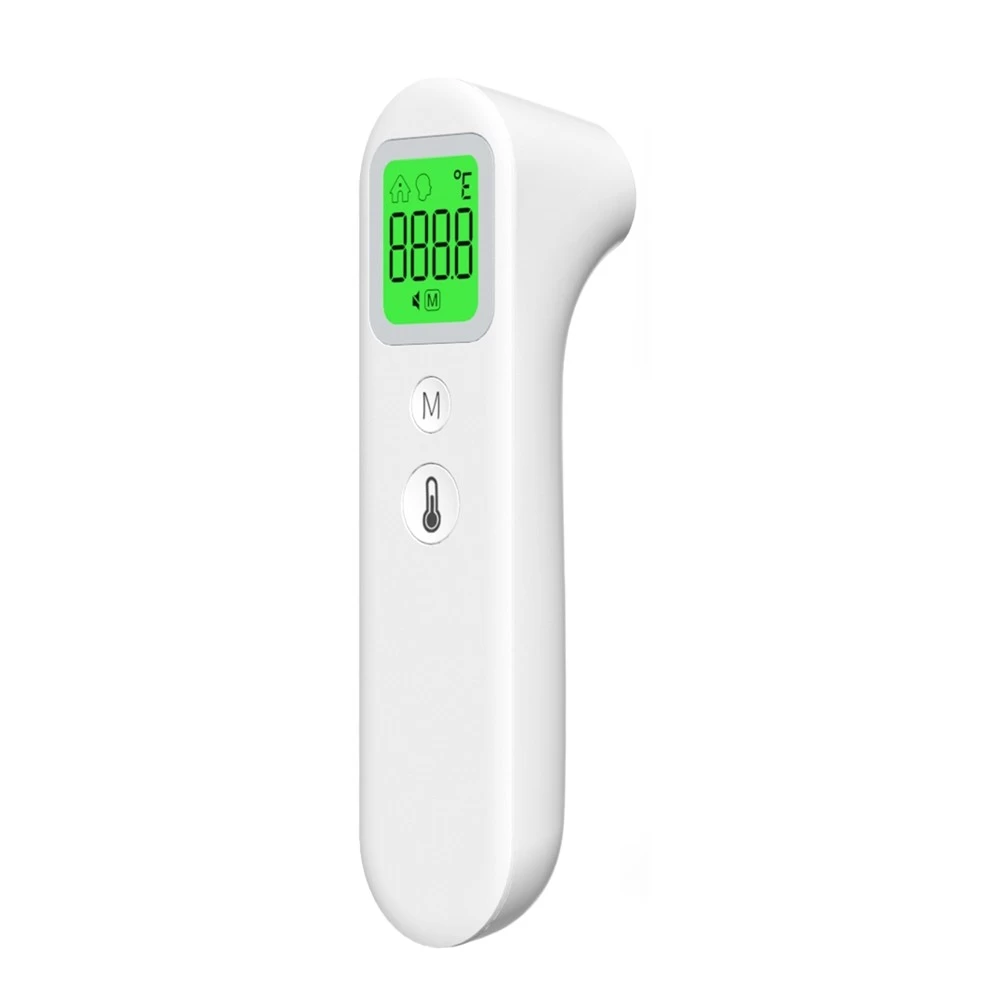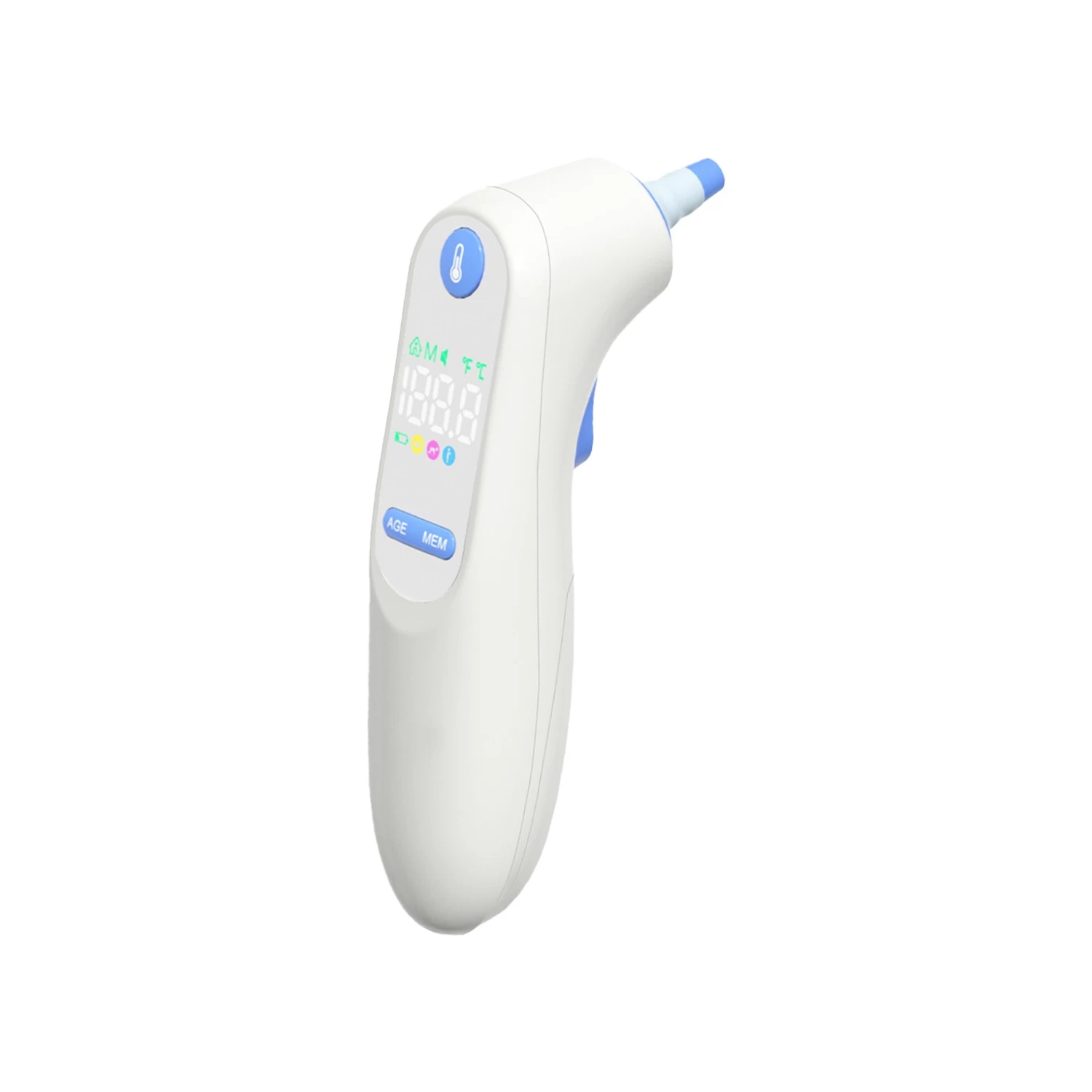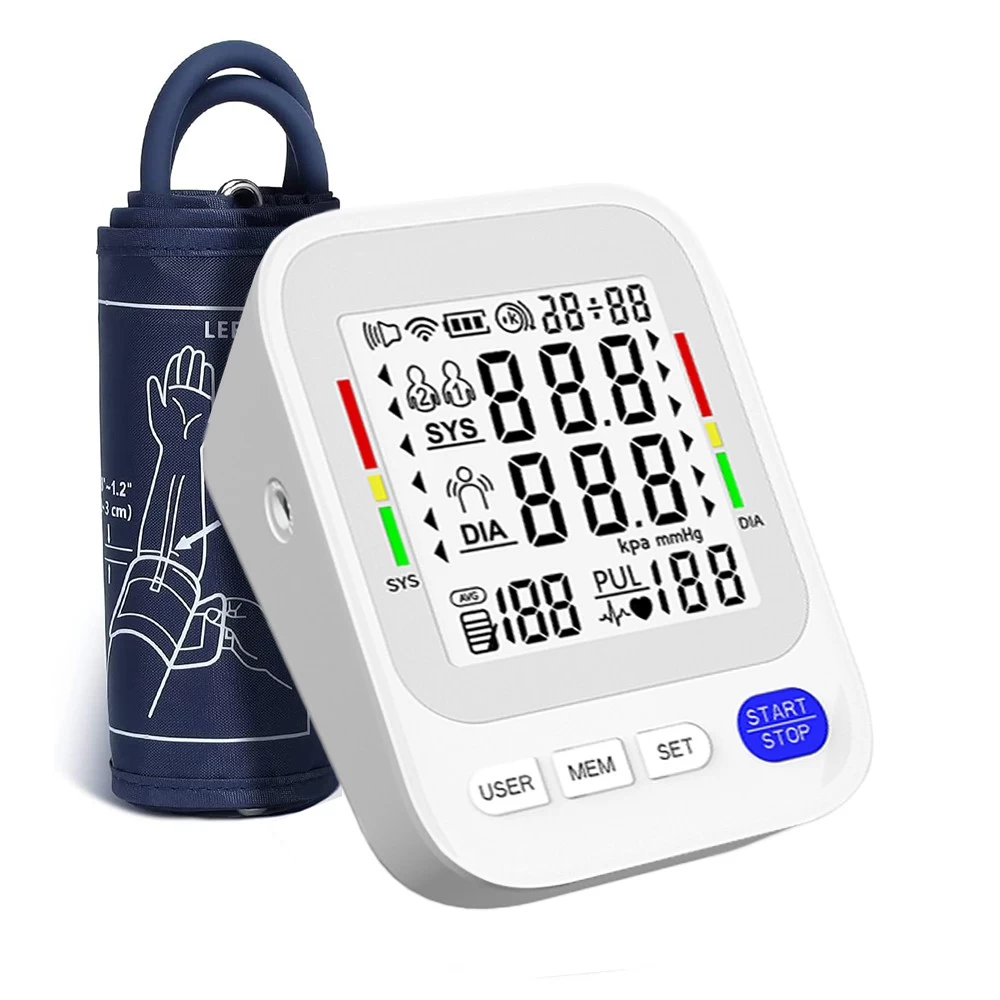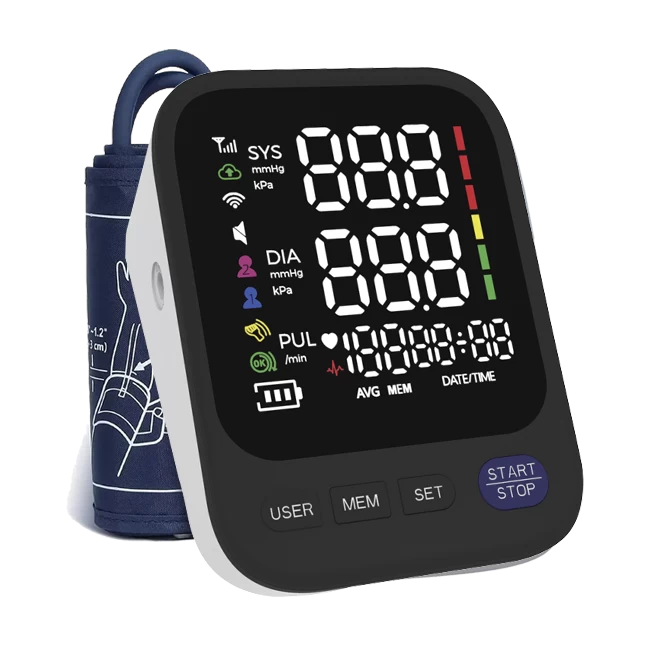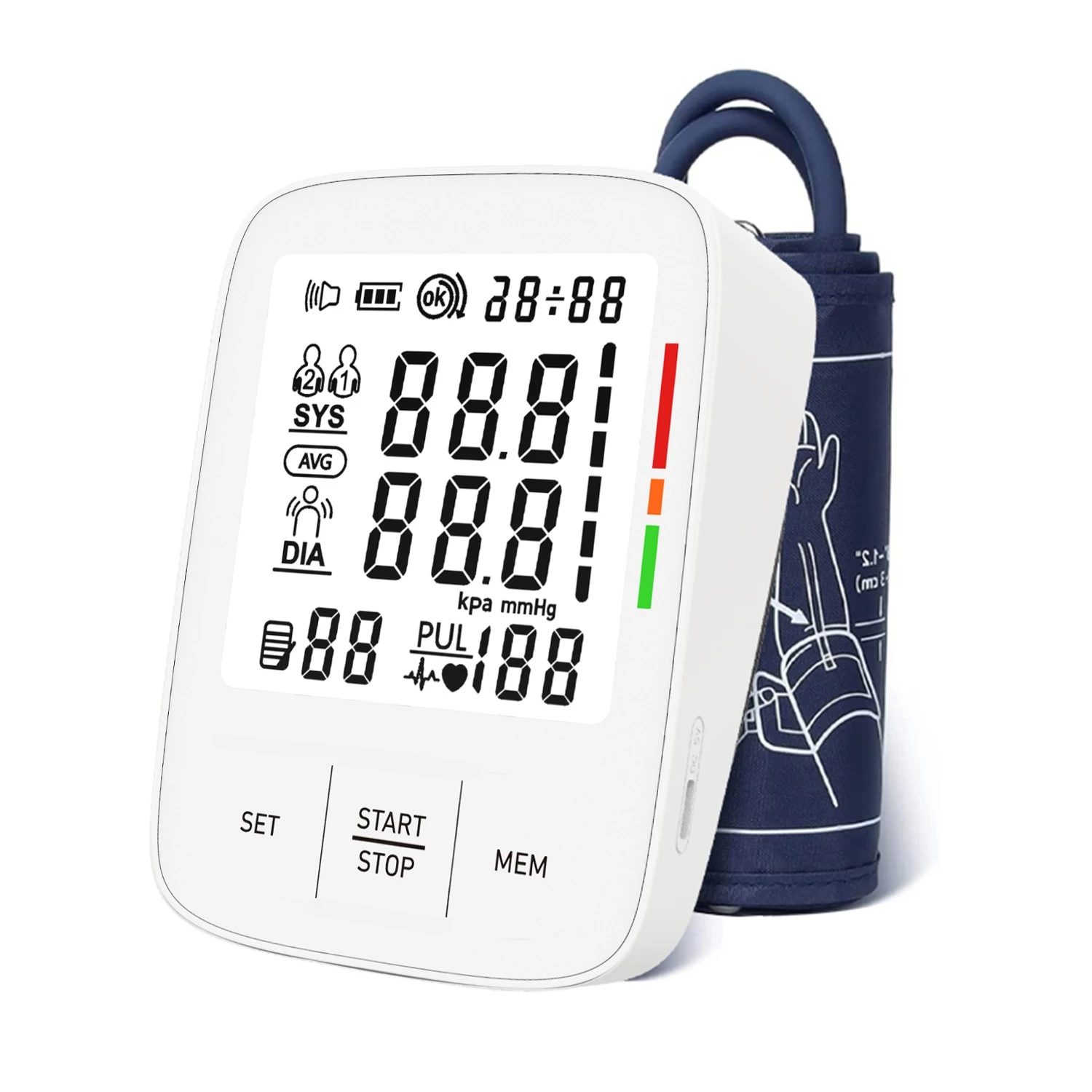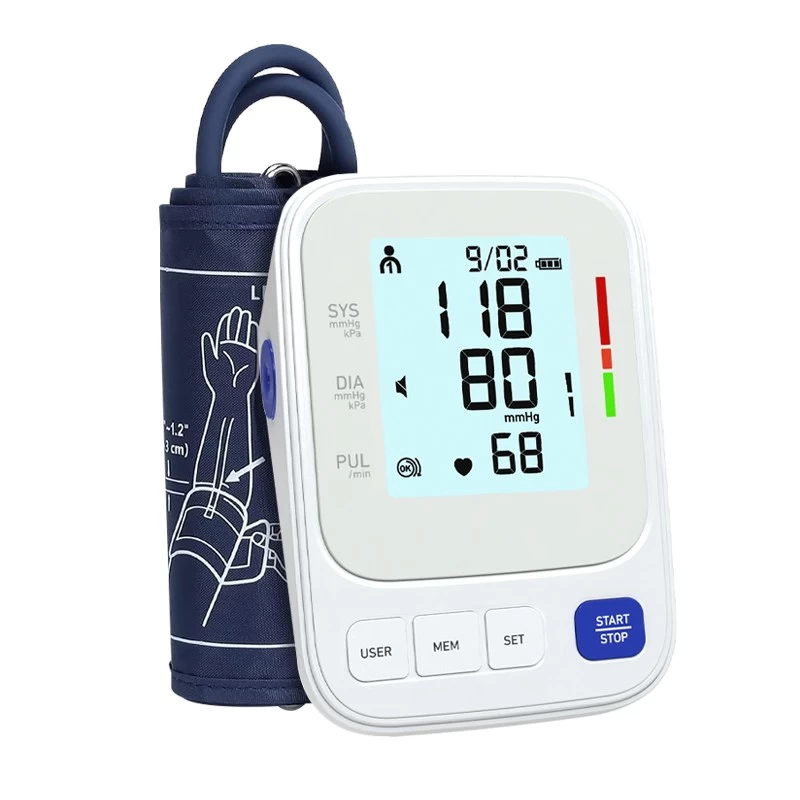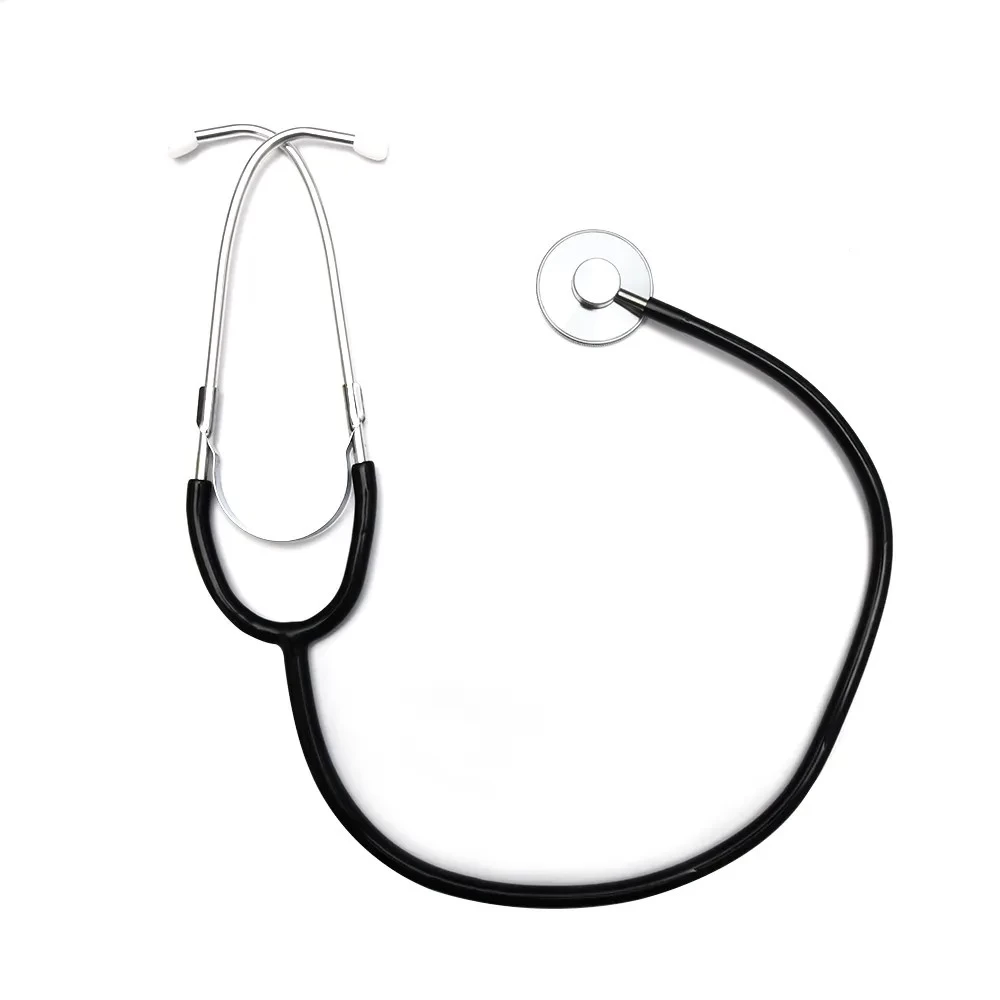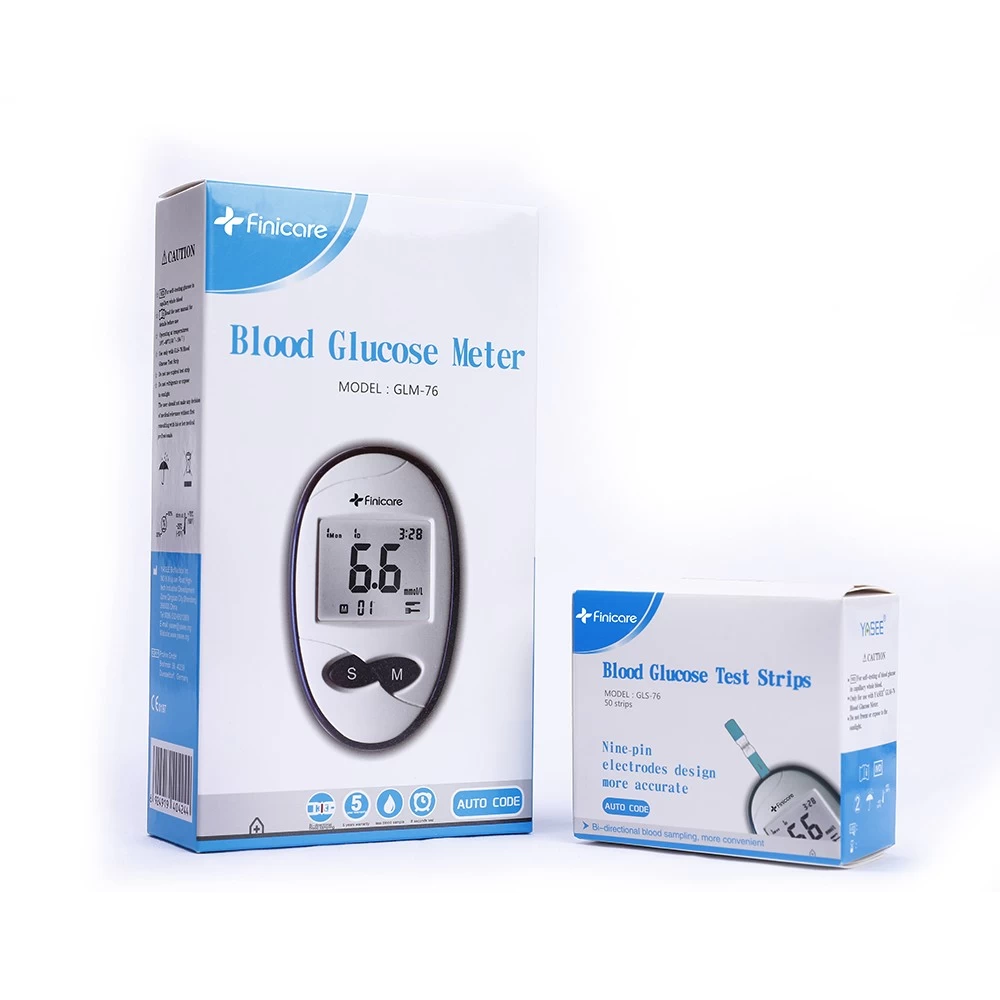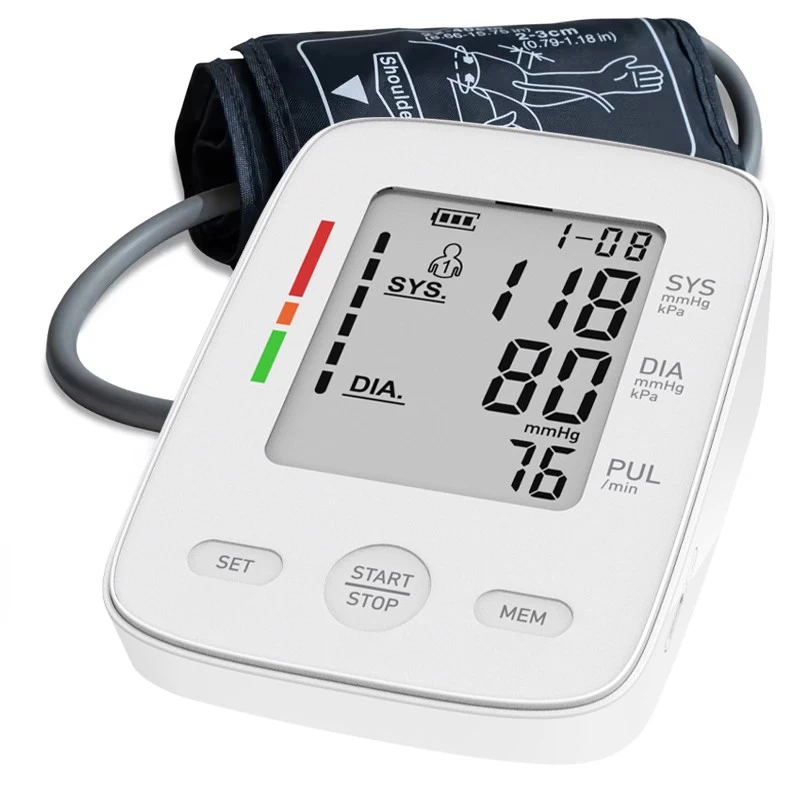Does Anxiety Cause High Blood Pressure?
Anxiety in blood pressure refers to how feelings of fear, stress, or nervousness can cause a temporary rise in blood pressure. When a person feels anxious, the body releases stress hormones like adrenaline, which make the heart beat faster and narrow the blood vessels, increasing blood pressure.
This is usually a short-term effect and not the same as chronic high blood pressure (hypertension). However, frequent spikes from anxiety can strain the heart and arteries over time. Managing anxiety through relaxation techniques, exercise, and proper treatment can help prevent these temporary increases and promote better heart health.

Table of Contents
- How do stress and anxiety affect blood pressure levels?
- Does anxiety cause high blood pressure?
- What are the physical symptoms of anxiety that impact blood pressure?
- Does chronic stress increase the risk of developing hypertension?
- What lifestyle changes can help reduce anxiety-related high blood pressure?
- Conclusion
- FAQ’S
- Can being nervous cause high blood pressure?
- How quickly does blood pressure return to normal after an anxiety episode?
- Are people with anxiety disorders more prone to high blood pressure?
- Can anxiety lead to complications if blood pressure remains elevated?
- Can frequent anxiety episodes lead to long-term hypertension?
1.How do stress and anxiety affect blood pressure levels?
Stress and anxiety can cause temporary increases in blood pressure. When you feel stressed or anxious, your body responds with a ”fight or flight” reaction. This releases hormones like adrenaline and cortisol, which make your heart beat faster and your blood vessels tighten.
As a result, blood pressure rises. This is a natural response and usually goes back to normal once you calm down. However, if you feel stressed or anxious often, these temporary spikes can happen more frequently. Over time, this can put extra strain on your heart, blood vessels, and other organs.
It increases the risk of long-term health problems like heart disease or chronic high blood pressure (hypertension). Anxiety also affects behaviors that may raise blood pressure. People under stress might smoke, eat unhealthy food, or drink alcohol, which are all linked to higher blood pressure.
Some anxiety medications can increase blood pressure as a side effect. Managing stress and anxiety is important for healthy blood pressure. Techniques like deep breathing, regular exercise, meditation, and getting enough sleep can help.
2.Does anxiety cause high blood pressure?
Anxiety does not directly cause long-term high blood pressure, also known as hypertension. However, it can lead to short-term spikes in blood pressure when a person feels anxious or stressed. When you experience anxiety, your body releases stress hormones like adrenaline and cortisol.
These hormones make your heart beat faster and your blood vessels narrow, which temporarily increases your blood pressure. Once the anxiety or stress goes away, your blood pressure usually returns to normal. Although anxiety does not cause permanent high blood pressure, frequent episodes of anxiety can have negative effects on your health.
Repeated blood pressure spikes can put extra strain on your heart and blood vessels over time, increasing the risk of heart disease and other health problems. Anxiety can also lead to unhealthy habits, such as smoking, drinking alcohol, or overeating, which can raise blood pressure.
Some medications used to treat anxiety may also affect blood pressure. If you have anxiety and are concerned about its impact on your blood pressure, it’s important to talk to a healthcare professional. Managing anxiety through relaxation techniques, regular exercise, and therapy can help keep both your anxiety and blood pressure under control, promoting better overall health.
3.What are the physical symptoms of anxiety that impact blood pressure?
Here are some common physical symptoms of anxiety that can impact blood pressure:
- Anxiety causes the heart to beat faster, which raises blood pressure temporarily.
- Fast breathing reduces oxygen levels, leading to higher blood pressure.
- Tight muscles increase vascular resistance, contributing to blood pressure elevation.
- Stress-related hormone surges cause the body to sweat, signaling a rise in blood pressure.
- Anxiety-induced blood pressure spikes can result in tension headaches.
- Sudden blood pressure changes can make a person feel lightheaded.
- Increased pressure on the chest due to stress affects circulation and blood pressure.
- Anxiety causes blood vessels to dilate, momentarily raising blood pressure and causing redness.
However, You can choose the Finicare Medical FC-BP103 Wireless Blood Pressure Monitor for accurate, effortless health monitoring. It is certified by CE and ISO 13485, it ensures trusted reliability. With its ultra-slim, patented cuff fitting 22-41 cm arms, it offers precision and comfort for all users. A powerful 1000mAh battery provides up to 200 measurements on one charge. It is perfect device for proactive health management at home.

4.Does chronic stress increase the risk of developing hypertension?
Chronic stress can increase the risk of developing hypertension (high blood pressure). When you experience stress, your body releases hormones like adrenaline and cortisol. These hormones make your heart beat faster and your blood vessels narrow, temporarily raising blood pressure.
While this is normal for short periods, frequent or long-term stress keeps your body in a constant state of alert, causing repeated blood pressure spikes. Over time, this continuous strain can lead to long-lasting high blood pressure, which increases the risk of heart disease, stroke, and other health problems.
Chronic stress also influences unhealthy habits, such as overeating, smoking, and drinking alcohol, all of which are linked to hypertension. Managing stress effectively can help prevent or control high blood pressure. Techniques like regular exercise, meditation, deep breathing, and getting enough sleep can reduce stress.
5.What lifestyle changes can help reduce anxiety-related high blood pressure?
Here are some lifestyle changes that can help reduce anxiety-related high blood pressure:
- Physical activity helps reduce stress hormones and lowers blood pressure.
- Eating fruits, vegetables, and low-sodium foods supports heart health.
- Reducing stimulants can prevent blood pressure spikes.
- Deep breathing, meditation, and yoga help calm the mind and body.
- Proper rest reduces stress and keeps blood pressure stable.
- Avoiding tobacco improves blood circulation and heart health.
- Use time management and avoid unnecessary stressors to maintain calmness.
- Drinking enough water helps regulate blood pressure and reduce stress effects.
Anxiety can cause temporary increases in blood pressure, especially during stressful moments. While these spikes may not lead to permanent high blood pressure, frequent anxiety can put extra strain on the heart and blood vessels. Over time, this can increase the risk of heart disease and other health problems.
It’s important to manage anxiety through relaxation techniques, regular exercise, and healthy habits. If anxiety becomes overwhelming, seek professional help. Monitoring your blood pressure regularly with an accurate device like Finicare Medical FC-BP103 can help. Also, making lifestyle changes like eating well and getting enough sleep can also help keep your heart and blood pressure healthy.
7.1. Can being nervous cause high blood pressure?
Yes, being nervous can cause a temporary increase in blood pressure. When you’re nervous, your body releases stress hormones like adrenaline, which can make your heart beat faster and narrow your blood vessels, leading to a rise in blood pressure. This is usually short-lived.
7.2. How quickly does blood pressure return to normal after an anxiety episode?
Blood pressure typically returns to normal soon after an anxiety episode ends. Once the nervous feelings subside, the body relaxes, and the hormones responsible for the blood pressure spike decrease. However, if anxiety episodes are frequent, it may take longer for the body to fully recover.
7.3. Are people with anxiety disorders more prone to high blood pressure?
Yes, people with anxiety disorders are more likely to experience higher blood pressure over time. Frequent anxiety can cause repeated spikes in blood pressure. While it may not directly cause chronic hypertension, the constant strain on the heart and blood vessels can increase the risk of developing high blood pressure.
7.4. Can anxiety lead to complications if blood pressure remains elevated?
Yes, if anxiety leads to prolonged high blood pressure, it can cause complications. Elevated blood pressure strains the heart and blood vessels, increasing the risk of heart disease, stroke, kidney damage, and other health problems. Managing anxiety and blood pressure is important for long-term health.
7.5. Can frequent anxiety episodes lead to long-term hypertension?
Frequent anxiety episodes may contribute to long-term hypertension. While anxiety alone doesn’t directly cause chronic high blood pressure, repeated spikes from anxiety can damage the heart and blood vessels over time. Managing anxiety through relaxation and lifestyle changes can help prevent long-term high blood pressure.

